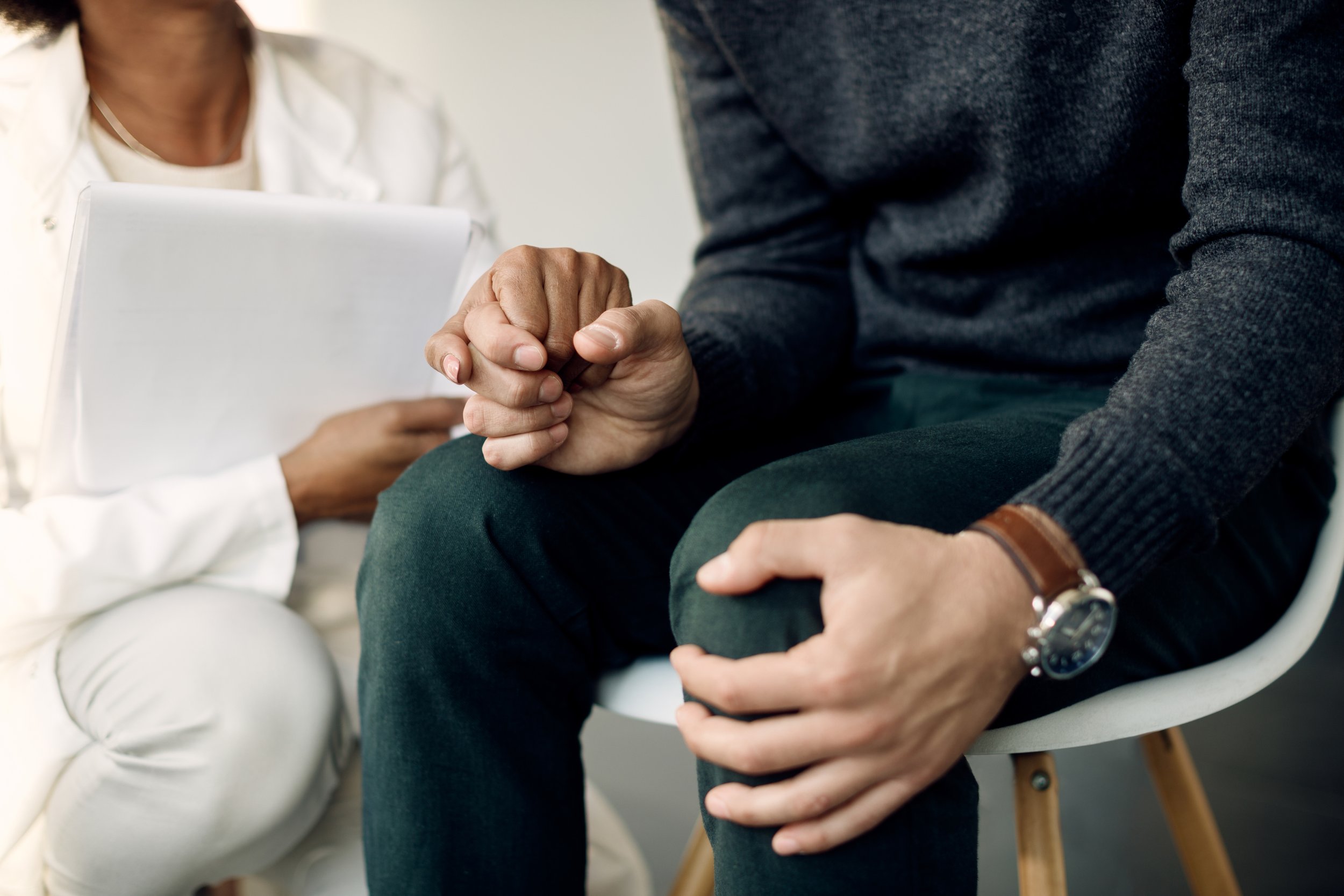Suggested Citation: Pradhan P. The Social Disposition – Opioid Use Disorder: Overdose Prevention and Harm Reduction [Internet]. Cook County Emergency Medicine Residency. 2024;Available from: https://cookcountyem.com/blog/2024/4/15/the-social-disposition-opioid-use-disorder-overdose-prevention-and-harm-reduction
Opioid Use Disorder and its Effects:
Opioid use disorder is a medical illness from the chronic use of opioids that affects millions of Americans and can lead to distress, significant impairment, and premature death. In Chicago alone, over 1500 people died from overdose in 2023 (1).
The Solution and the Evidence:
Harm reduction strategies that equip people with information and tools such as naloxone, fentanyl test kits, and medication-assisted recovery/medication-assisted treatment (MAR/MAT) can save lives, reduce morbidity from infections and chronic diseases related to unsterile drug injection, and get patients on the track to recovery. Data from the Survey on Drug Use and Health demonstrated how important the connection to treatment is: only 1 out of 10 people with a substance use disorder have received treatment (2). These measures can be easily implemented from the Emergency Department.
Death rates are reduced by up to 65% relative to baseline when naloxone is distributed at syringe service sites and by laypersons within social networks (3). MAT has a strong body of evidence supporting its efficacy in reducing opioid use, risk of overdose mortality, and risk of opioid use-associated transmission of infectious disease (4,5) – even in the absence of regular counseling services.
What Can We Do in the Cook County Emergency Department:
Prescribe naloxone and discharge patients with a kit in hand:
Order “Naloxone nasal” – 4mg (1 KIT) spray - this in the ED Pyxis. Nurses can provide education on how to use it.
Inform patients that naloxone is distributed for free at Chicago Public Libraries
Consult the Recovery Coach to connect the patient to SUD services:
Mon-Fri 8am-4pm. Under “ED Recovery Coach” on TigerConnect.
Refer patients to the MAT/SUD Cook County Clinic:
For patients interested in MAT outside of the hours when a Recovery Coach is present, send a message with patient contact information to “MAT/SUD Bridge Clinic Pool,” and this team will conduct outreach to the patient.
For patients with a phone – they can call the coordinator at 312-802-8572 Mon-Fri 8am-3pm. They can likely start medication and provide recovery support over the phone.
For patients without a phone – they can walk-in to the clinic to start suboxone treatment Mon-Fri 8:30am-2:30pm and let the front desk know they are at the clinic for MAT.
Location: Cook County Health CORE Center 2020 W Harrison Street (accessible via Damen Bus and CTA Blue Line IMD stop) Chicago, IL 60612
Alternative MAR/MAT program through the city of Chicago:
“MAR NOW” 24/7 Illinois Helpline for Opioids 833-234-6343. After a single phone call, they can receive a prescription or expedited in-person appointment and get transportation assistance to the pharmacy or clinic. This is for all Chicagoans, regardless of ability to pay or documentation.
Provide information on syringe exchange programs:
The Night Ministry
Call the Street Medicine van at 773-256-7549 anytime, and the van can come to the patient with supplies.
Their scheduled sites include the following:
CTA
Wednesdays 8pm-12am on red line (95th/Dan Ryan)
Thursday 8pm-12am on blue line (Forest Park)
Bus
Monday: South Shore (70th Place & Jeffery): 6-8pm
Tuesday: New City (54th Place & Halsted): 5:30-7:30pm & Humboldt Park (Division & California): 8-10pm
Wednesday: South Shore (70th Place & Jeffery): 6-8pm
Thursday: New City (54th Place & Halsted): 5:30-7:30pm & Pilsen (Cermak & Loomis): 8-10pm
Saturday: 10 S Kedzie (Kedzie & Madison): 12:00-1:30pm & Douglass Park (12th Place & California): 1:45-3:15pm
Sunday: Pilsen (Cermak & Loomis): 4-6pm & Humboldt Park (Division & California): 6:30-8:30pm
Test Positive Aware Network (TPAN)
Services include syringe exchange, injection safety, vein health, HIV and hepatitis prevention, fentanyl test strips/education, and free naloxone.
Location, Contact Information, & Time: 5537 N Broadway, Chicago, IL 60640, 773-989-9400 (Edgewater) Mon-Thurs 12pm-8pm; Fri 10am-4pm
Transforming Reentry Services
Services include syringe exchange services, fentanyl test strips/education, and naloxone distribution.
Location & Contact Information: 601 S California Ave Chicago, IL 60612, 312-328-9610 (Bronzeville)
Offer a listening ear:
Just opening the conversation about opioid use disorder can be the first stepping stone for a patient to begin their harm reduction recovery.
Authored by Priyanka Pradhan, MD
Reviewed by Rashid Kysia, MD
References:
Opioid Overdose Deaths Remain Steady in Cook County While Homicides Go Down. www.cookcountyil.gov. Published January 3, 2024.
SAMHSA. Harm reduction. www.samhsa.gov. Published April 24, 2023. https://www.samhsa.gov/find-help/harm-reduction
Keane C, Egan JE, Hawk M. Effects of naloxone distribution to likely bystanders: Results of an agent-based model. The International journal on drug policy. 2018;55:61-69.
NIDA. How effective are medications to treat opioid use disorder?. National Institute on Drug Abuse website. https://nida.nih.gov/publications/research-reports/medications-to-treat-opioid-addiction/efficacy-medications-opioid-use-disorder. December 3, 2021 Accessed March 6, 2024.
Mattick RP, Breen C, Kimber J, Davoli M. Methadone maintenance therapy versus no opioid replacement therapy for opioid dependence. Cochrane Database Syst Rev. 2009;2009(3):CD002209. Published 2009 Jul 8. doi:10.1002/14651858.CD002209.pub2

